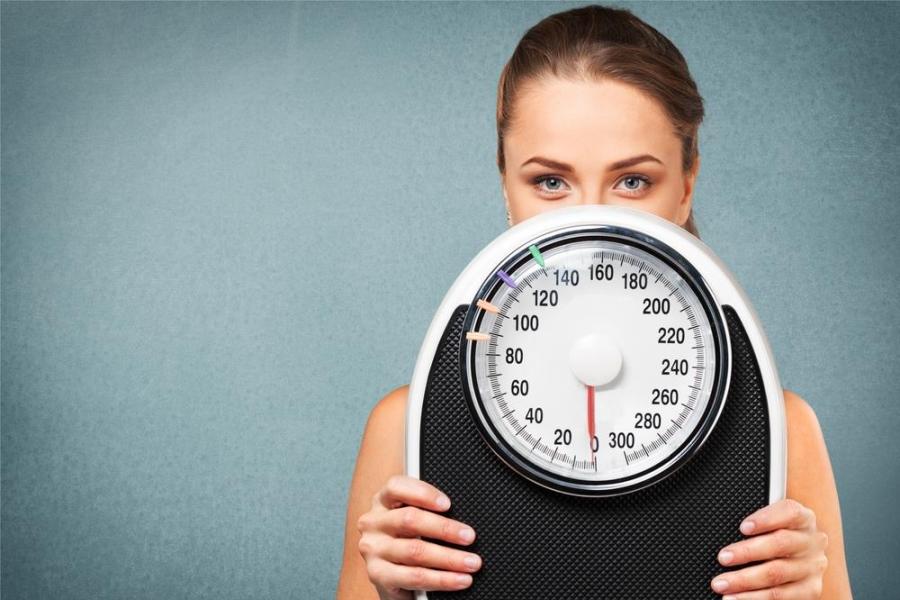
Dietary Recommendations for Hypothyroidism
Diet plays an important role in the maintenance of thyroid function. Hypothyroid patients need to pay attention to what they consume because there are foods that have been proven to hinder thyroid function such as estrogenic and goitrous and foods that improve it such as selenium rich. In addition, patients with hypothyroidism are at risk for weight gain so making proper food choices are essential for maintaining healthy BMI. Nutritive deficiencies such as low B-12 are common among patients in this group and can lead to co-morbid conditions such as anemia, so foods high in nutrients should be chosen over empty calorie foods.
How often to eat :
Studies have shown that hypothyroid patients have more energy when eating 5-6 small meals per day in comparison to 3 large meals per day.
Hypothyroidism Dietary Recommendations:
- Proteins : It is recommended that hypothyroid patients have one serving of protein at every meal
- lean meats: chicken, turkey, lamb, pork
- fish
- beans
- Vegetables : 5-6 serving per day. Using plate method, vegetables should make up half your plate.
- High fiber foods: Hypothyroid patients often suffer from constipation. High-fiber foods not only keep patients regular but also keep them full which promotes weight loss.
- Iodine rich foods and its right balance: Studies are contradictory when it comes to iodine. Too little and you can get hypothyroidism, too much and you can inhibit thyroid hormone production
- table salt
- seaweed
- kelp
- Seafood
- Daily allowance iodide is 150 mcg per day.
- Toxicity may develop when intake is over 900 mcg per day.
- Iodine deficiency leads to developmental delays, mental retardation, goiter, and other health problems. Iodine supplementation, such as universal salt iodization (USI) has been successful in controlling iodine deficiency disorders (IDD).
- Excess consumption of iodine can also lead to hypothyroid. A number of epidemiological and clinical studies have acknowledged the association of excess of iodine with the development of thyroid autoantibodies, hypothyroidism, hyperthyroidism, cancers, and autoimmune thyroid disease.
- Source of iodine include table salt, seaweed, medications, nutritional supplements, and drinking water.
- Dietary supplementation with selenium.
- Selenium is an essential element required for the normal functioning of thyroid gland and thus its beneficial effects in hypothyroidism have been suggested. However, there is not enough evidence to support this idea. More studies are needed to further evaluate these findings.
- Sources of selenium; Brazil nuts, sunflower seeds, fish, shellfish, beef, pork, chicken, eggs, grains
- Daily allowance 50-55mcg per day
- Toxicity may develop when intake is over 350-400 mcg per day.
Highly desirable micro-nutrients and their sources:
- Organ meats (liver, kidney)
- Egg yolks due to amount of selenium
- Seaweeds because they contain iodine
- Shellfish because they contain iodine
- Fermented vegetables because they contain natural properties that aid with digestion
- Bone broths
Interactions of medication and food:
- Take medication 1 hour before meals and drinks. Best to take when you first wake up with a large glass of water
- The milk in coffee will inhibit absorption of thyroid medication
- Eggs contain high amounts of iron while will also block absorption
- Citrus fruits and juices decrease absorption
Foods to strictly avoid:
- Goitrogens: foods that block iodine uptake into the thyroid, which is needed to create thyroid hormone. In addition to blocking iodine, goitrogens can block the absorption of thyroid medications. Goitrogens also have the potential to enlarge the thyroid tissue and create a goiter.
- Green leafy vegetables
- kale, spinach, cabbage
- Cruciferous vegetables
- broccoli, Brussel sprouts, cauliflower, turnips, radish
- Certain fruits
- strawberries, peaches,
- Soy and its derivatives
- Many of the foods on this list are rich in nutrients so avoiding them completely may not be beneficial. The vegetables in these groups when cooked are much less likely to cause harm because heat inactivates goitrogenic compounds
- Green leafy vegetables
- Gluten : many patients with hypothyroidism have a gluten sensitivity or celiac disease. Gluten molecules mimic the antithyroid molecules and thus eating gluten can act as a trigger the attack of the thyroid by the immune system. Gluten can also irritate the lining of the intestines and lead to decreased absorption of thyroid medication and nutrients.
- Wheat, barley, oats
- Dairy products : like gluten, dairy molecules can trigger an attack on the thyroid leading to further damage to the tissue.
- Milk
- Cheese
- Yogurt
- Artificial sweeteners
- High-fat foods : patients with hypothyroid are at risk for high cholesterol and should limit foods with high saturated fat content
- Red meat, processed foods, fried food, butter
- High sugar foods :
- pastries, candies, desserts, ice cream




